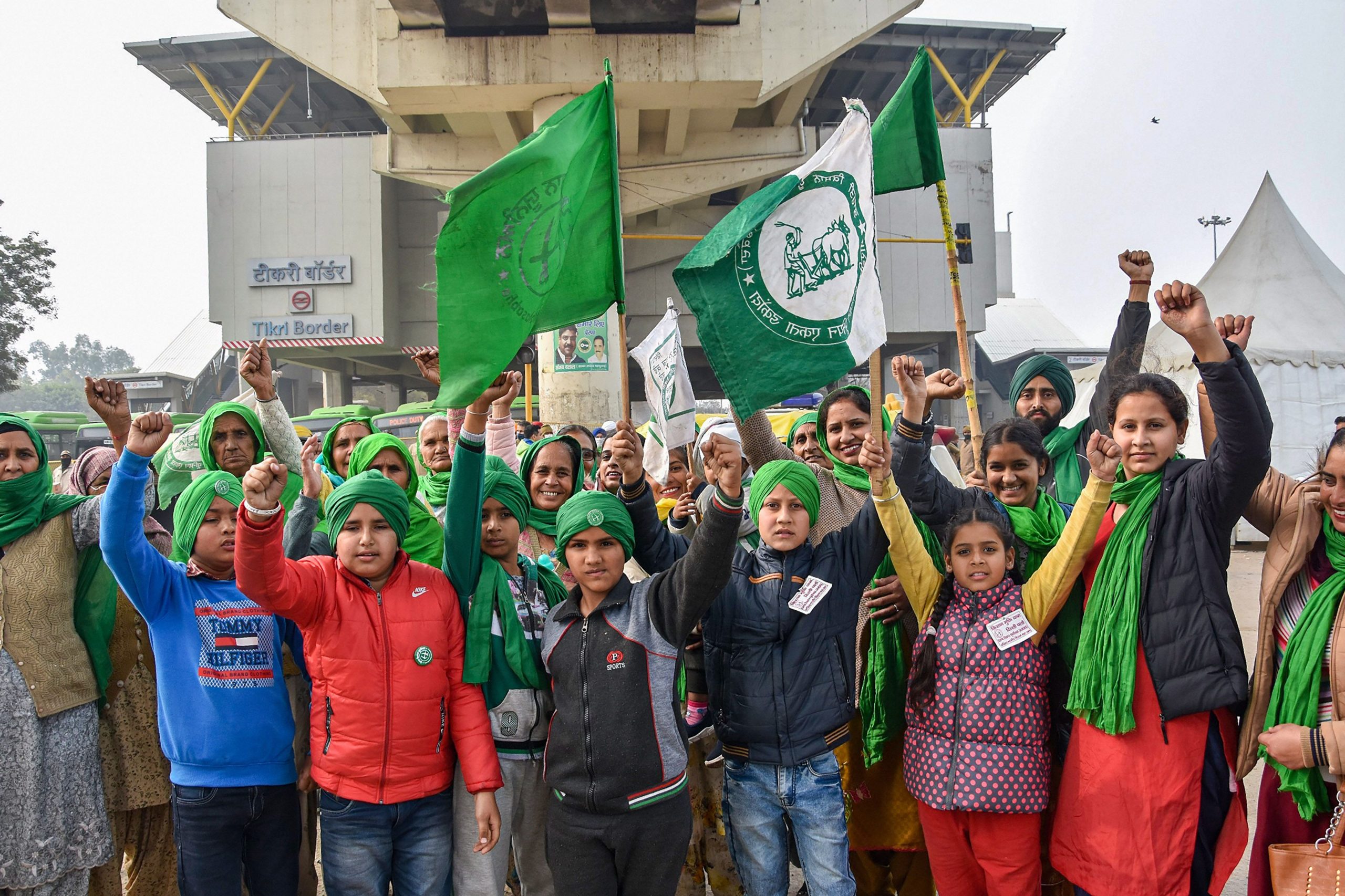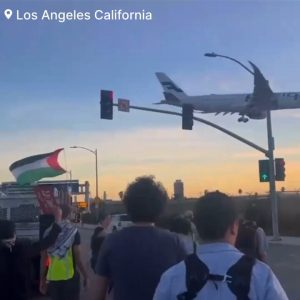Prime Minister Narendra Modi on Friday announced that the three contentious farm laws will be repealed in the upcoming session of the Parliament. Addressing the nation on the occasion of Guru Nanak Jayanti, the prime minister said the three laws were for the benefit of farmers but “we couldn’t convince a section of farmers despite best efforts”.
Over a year since President Ram Nath Kovind gave his assent to and brought into force three new farm laws. To mark a year of protests, the Samyukt Kisan Morcha (SKM), on September 27, called for a 10-hour strike against the three agri laws.
The outfit on Sunday appealed for complete peace during the Bandh and urged all Indians to join the strike.
“It was on September 27, 2020, that President Shri Ram Nath Kovind assented to and brought into force the three anti-farmer black laws last year. Tomorrow, there will be a total Bharat Bandh observed around the country from 6 AM to 4 PM,” the SKM, which is an umbrella body of over 40 farmer unions, said in a statement.
The three laws were presented as reforms by the current government, leaders of which promised that they would open up the Indian agricultural sector and consequently drive its growth.
These laws allow private firms to enter the agricultural market and buy produce directly from the farmers. Till now, the buying, storage and selling of produce had been controlled by the state, who directed it through the Public Distribution System (PDS) under the ambit of the APMC (Agricultural Produce Market Committee). This ensured that produce was bought from the farmers at the Minimum Support Price (MSP).
The Farmers’ Produce Trade and Commerce (Promotion and Facilitation) Act, however, allows any licence-holder trader to buy produce from the farmers at ‘mutually agreed prices’, outside the APMC system. Farmers fear that because of this they are not assured of a minimum, decent price, as private players work on maximising their profit margins.
On November 25 last year, farmers from across Punjab and Haryana organised a ‘Dilli Chalo’ march to protest the new farm laws. They were met by police barricades and personnel at the borders of the national capital.
A 24-hour strike of around 200 million people across India was also organised on November 26 in opposition to the ‘reforms’. The number of farmers at the borders of Delhi (including Singhu) grew steadily everyday, reaching over 25,000.
The Centre announced they would hold talks with the agitating farmers on December 3. However, while the Centre wanted the farmers to shift to a a protest site in Burari, the farmers chose to stay at the borders.
Also Read | Farmers’ protests will continue for five years: BKU leader Rakesh Tikait
On December 7, farmers announced their plan to organise a Bharat Bandh (national strike) on December 8, after another round of talks with the central government failed to find a solution. On December 9, the farmers’ unions rejected the government’s proposed changes, adding that nationwide strikes would be called on December 14 , 2020.
Farmers have been staunch in their protests since then, continuing to camp at several border points around the national capital. Roads in and out of New Delhi continue to be closed or rerouted accordingly.
Till date, seven rounds of talks have been held between the farmer union groups and the Central Government. Despite those, the deadlock continues on the key issue of the MSP system and its deregulation.







